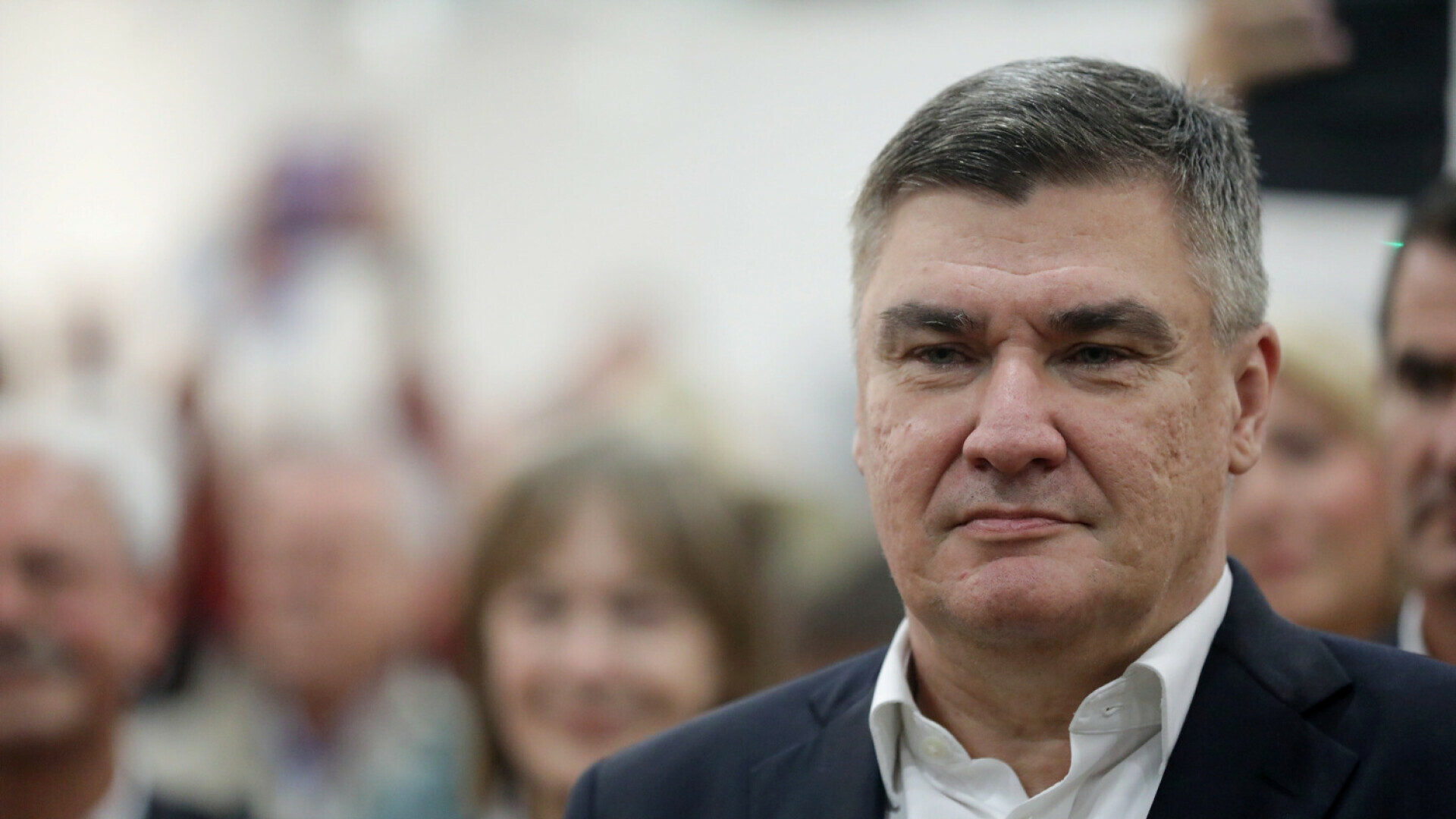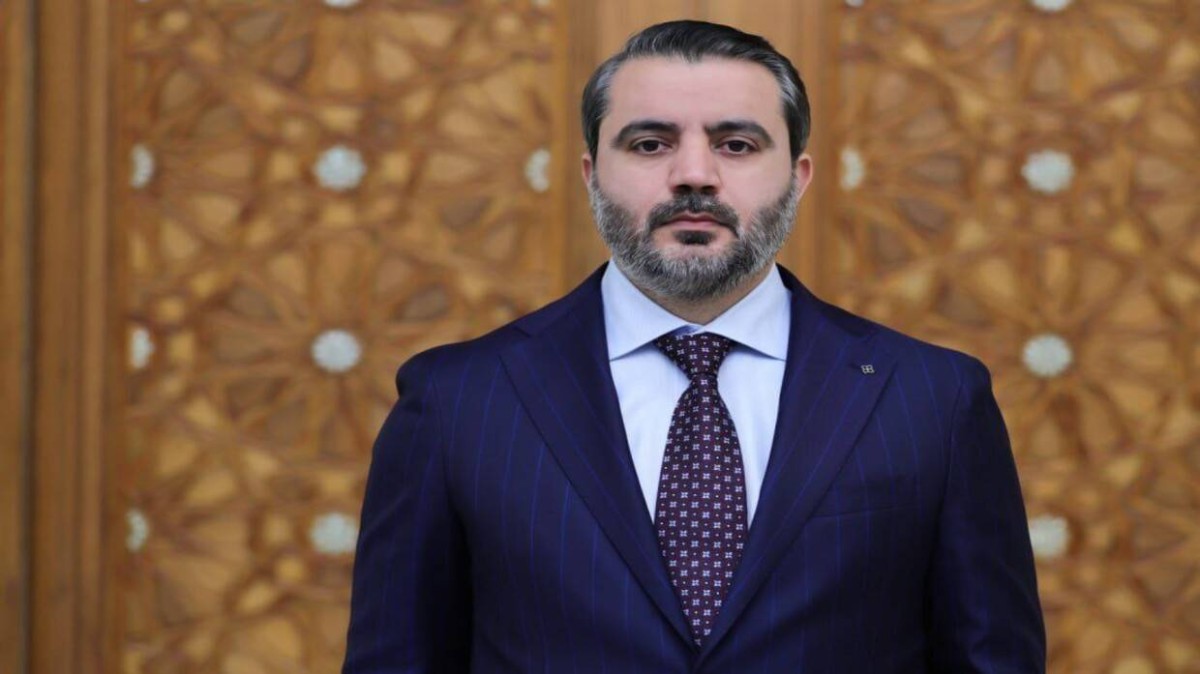Croatian President's Stance on Military Support to Ukraine
Discover why President Milanović opposes sending Croatian troops to support Ukraine and how this decision impacts national and international relations.
Published October 03, 2024 - 00:10am

Image recovered from dnevnik.hr
The recent announcement by the President of Croatia, Zoran Milanović, has sparked significant debate within both national and international circles. Milanović has voiced his opposition to the deployment of Croatian Armed Forces (OSRH) in a NATO mission to support Ukraine, delivering a stern refusal to the Croatian government's proposal.
President Milanović's office issued a statement highlighting his concern over potential national repercussions. “While Croatia is a devoted NATO ally, the engagement of Croatian troops in such missions must prioritize national interests,” the statement read. The Croatian government, represented by the Deputy Prime Minister and the Minister of Defense, had sought the President's prior consent for a series of decisions involving OSRH. This included their participation in NATO, EU, and UN-led operations. Out of thirteen such requests, Milanović granted consent for twelve, emphasizing operations within NATO's existing frameworks, including missions like KFOR, SEA GUARDIAN, and those in Iraq.
Croatia's commitment to NATO is undoubted, with the President approving an increase in OSRH deployment in NATO's border countries from 300 to 520 soldiers. This decision reflects Croatia's dedication to bolstering NATO's deterrence posture and collective defense. However, Milanović drew the line at the NATO Security and Training Assistance to Ukraine (NSATU), expressing that involvement in Ukraine could potentially harm Croatia's national interests. The Croatian constitution delineates the necessity of gathering a two-thirds majority in parliament if the President withholds consent.
Milanović underscored that, despite participating in the NATO summit where the decision to support Ukraine was made, he was not consulted regarding Croatia's stance beforehand. He clarified that NATO's collective decision does not obligate individual member states to participate. Therefore, he chose to withhold consent, aiming to protect Croatia from being drawn into the ongoing conflict. “Ukraine is indeed a victim of aggression, but Croatia's involvement in military support could escalate tensions and endanger our nation's safety,” he asserted.
His opposition is not a departure from Croatia's humanitarian support to Ukraine, which Milanović openly endorses. The President pointed out the ongoing threats posed by the conflict and the plausible risk of its expansion beyond Ukraine's borders. By refraining from military participation, he aims to shield Croatia from possible war entanglements. Reflecting on historical precedents, he mentioned, “Many larger conflicts began with seemingly insignificant missions that escalated over time. Our policy will ensure such scenarios are avoided.”
The Croatian government, however, holds the right to bring the issue before the parliament. Should the proposal receive approval from two-thirds of the MPs, the President has committed to respect and implement the decision. Despite this, Milanović maintains that Croatia's non-involvement in Ukraine aligns with the nation's best interests, preserving peace and security for Croatian citizens.
The evolving situation in Ukraine and its repercussions on global geopolitics continue to be a critical focus. As a NATO member, Croatia must balance alliance obligations with national security priorities. The Croatian President's stance demonstrates a cautious approach to foreign policy, emphasizing strategic autonomy and national safety over potentially hazardous international engagements.






